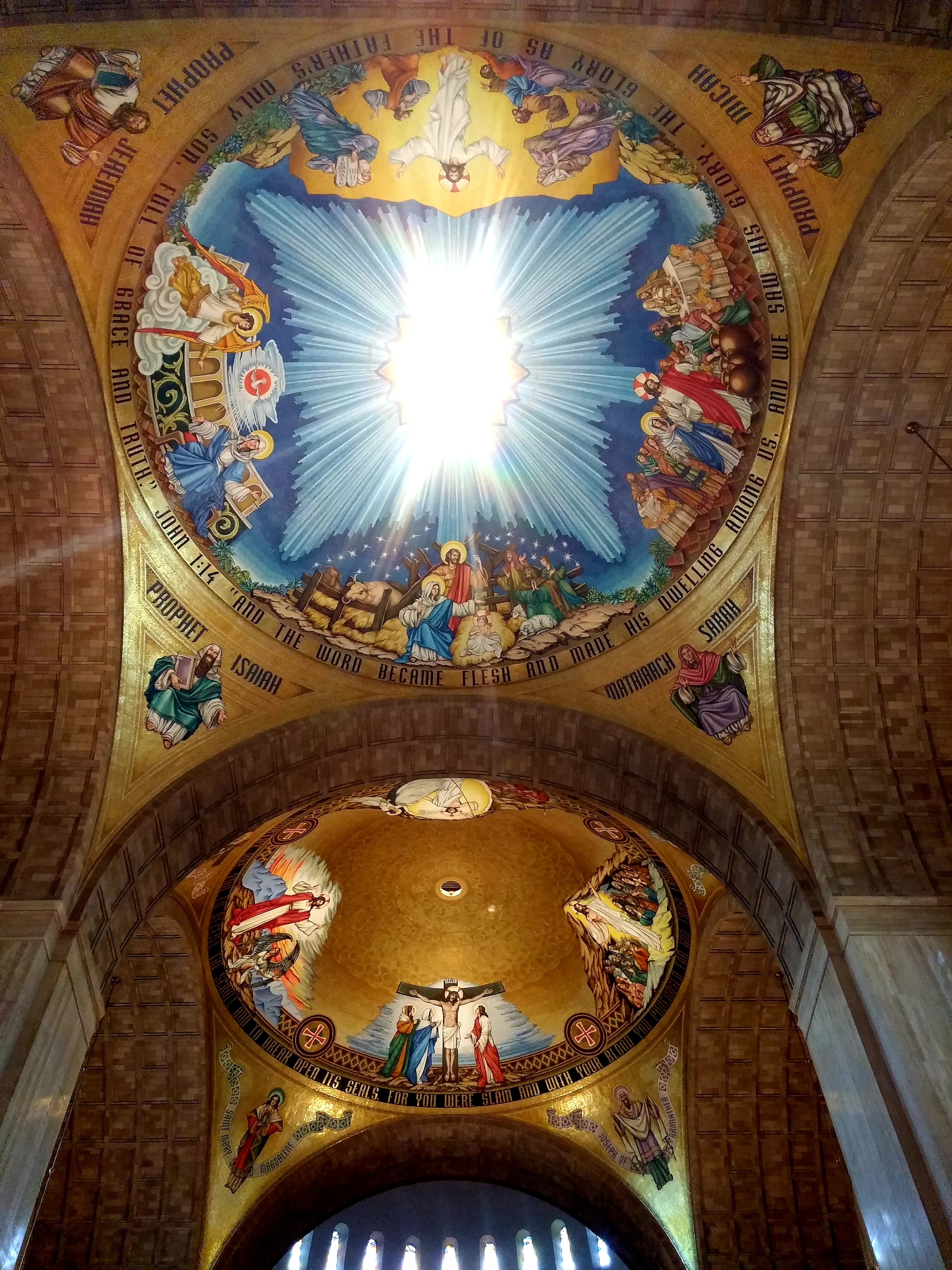As I mentioned in my last reflection, I—and millions of other Christians – have been listening to Father Mike Schmitz’s Bible in a Year podcast since January 1st. As it happens, we just finished reading the First and Second Book of Maccabees, the source of today’s First Reading. These books are not included in the Protestant Bible, and even many Catholics are not especially familiar with them—I know I wasn’t. They sound different from most of the rest of the Bible, full of names of nations and leaders you would expect to encounter in history books. They are violent and graphic, and they tell tales of a people who valiantly and successfully defend themselves from much larger and more powerful nations.
Today’s First Reading is really satisfying, isn’t it? Imagine King Antiochus, secure in the power of his army, head full of dreams of silver and gold. He is so certain of victory that when things don’t go his way, he is dismayed. In today’s slang, we might say he is “shook.” He is so overcome that he takes to his bed and prepares to die. On his deathbed he recognizes the price he has paid for his greed.
Wouldn’t it be nice if things always worked out that way—the virtuous victorious, the evildoers overthrown? That is not the norm in our fallen world, though. Remember that the victory in today’s First Reading was only temporary. Although God’s chosen people rose up, defeated the armies of Antiochus, and reclaimed the temple, we know that later they were conquered by the Romans and eventually the temple was again laid waste. You win some, you lose some, and many times the bad guys win. At least, so it seems.
Today’s list of saints is replete with martyrs—the Martyrs of Antioch, Heraclea, Turin, and the Spanish Civil war, the Martyred Sisters of the Christian Doctrine—and that is only a partial list! These holy men and women gave their lives in witness to their faith. The way the world sees it, when good people are persecuted, when they die for their beliefs, the bad guys have indeed won. But as Christians we are called to see not as the world sees, but as God sees.
Because even though we must continue to strive for holiness in this world, even as we work for peace and justice and pray to bring about God’s Kingdom, we know how the story ends. As Jesus told the Sadducees in today’s Gospel, the dead will rise, for God is not the God of the dead, but of the living. God does not ask all of us to die for Him, but we know that living for Him can bring its own crosses. So when we are feeling hopeless and defeated about the state of the world, let us remember that “the needy shall not always be forgotten, nor shall the hope of the afflicted forever perish,” and let us rejoice in the salvation of our God!
 Leslie Sholly is a Catholic, Southern wife and mother of five, living in her hometown, Knoxville, Tennessee. She graduated from Georgetown University with an English major and Theology minor. She blogs at Life in Every Limb, where for 11 years she has covered all kinds of topics, more recently focusing on the intersection of faith, politics, and social justice.
Leslie Sholly is a Catholic, Southern wife and mother of five, living in her hometown, Knoxville, Tennessee. She graduated from Georgetown University with an English major and Theology minor. She blogs at Life in Every Limb, where for 11 years she has covered all kinds of topics, more recently focusing on the intersection of faith, politics, and social justice.
Feature Image Credit: By author

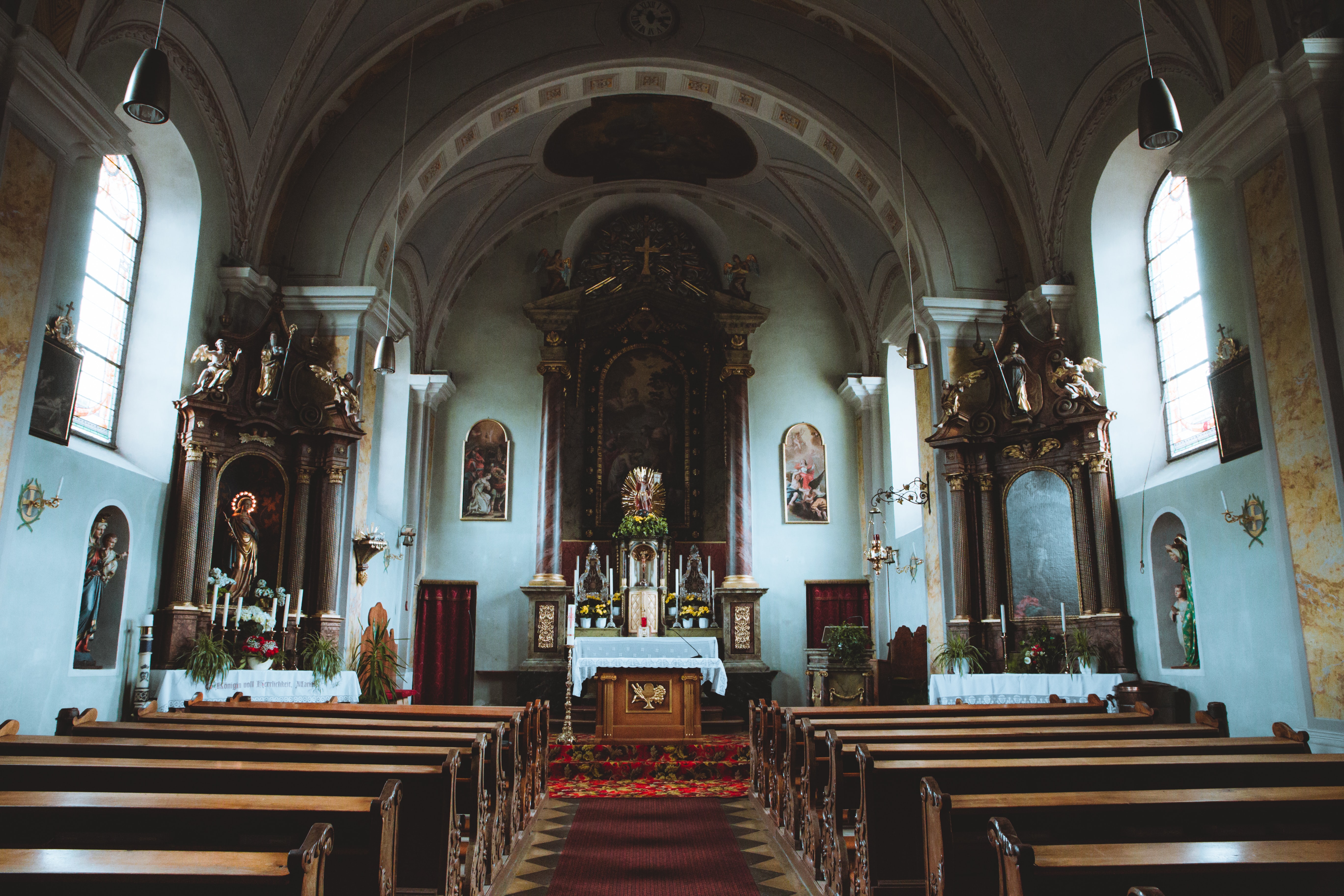

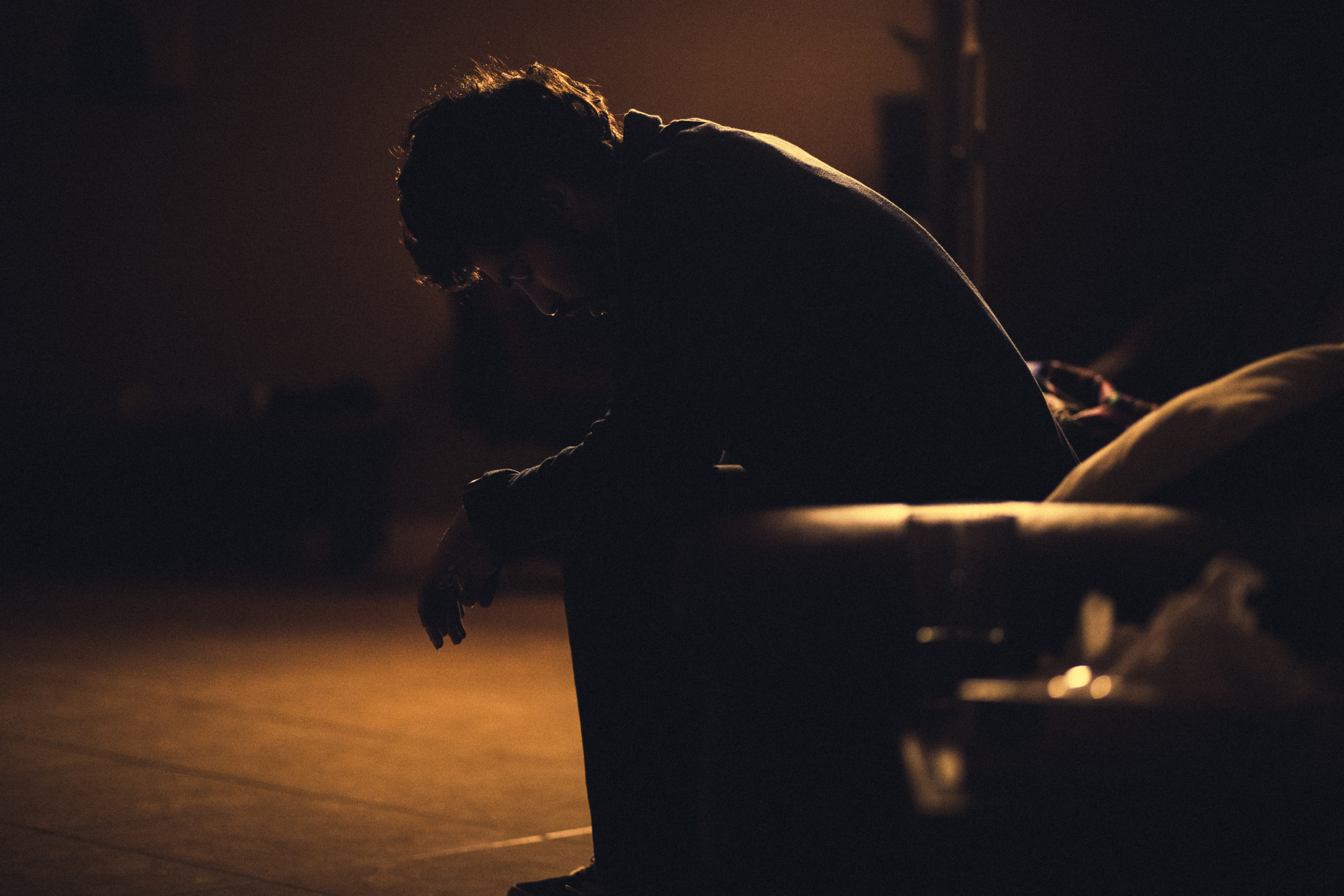


 Mike Karpus is a regular guy. He grew up in Michigan’s Upper Peninsula, graduated from Michigan State University and works as an editor. He is married to a Catholic school principal, raised two daughters who became Catholic school teachers at points in their careers, and now relishes his two grandchildren, including the 3-year-old who teaches him what the colors of Father’s chasubles mean. He has served on a Catholic School board, a pastoral council and a parish stewardship committee. He currently is a lector at Mass, a Knight of Columbus, Adult Faith Formation Committee member and a board member of the local Habitat for Humanity organization. But mostly he’s a regular guy.
Mike Karpus is a regular guy. He grew up in Michigan’s Upper Peninsula, graduated from Michigan State University and works as an editor. He is married to a Catholic school principal, raised two daughters who became Catholic school teachers at points in their careers, and now relishes his two grandchildren, including the 3-year-old who teaches him what the colors of Father’s chasubles mean. He has served on a Catholic School board, a pastoral council and a parish stewardship committee. He currently is a lector at Mass, a Knight of Columbus, Adult Faith Formation Committee member and a board member of the local Habitat for Humanity organization. But mostly he’s a regular guy.
 Emily Jaminet is a Catholic author, speaker, radio personality, wife, and mother of seven children. She earned a bachelor’s degree in mental health and human services from the Franciscan University of Steubenville. She is the co-founder of
Emily Jaminet is a Catholic author, speaker, radio personality, wife, and mother of seven children. She earned a bachelor’s degree in mental health and human services from the Franciscan University of Steubenville. She is the co-founder of 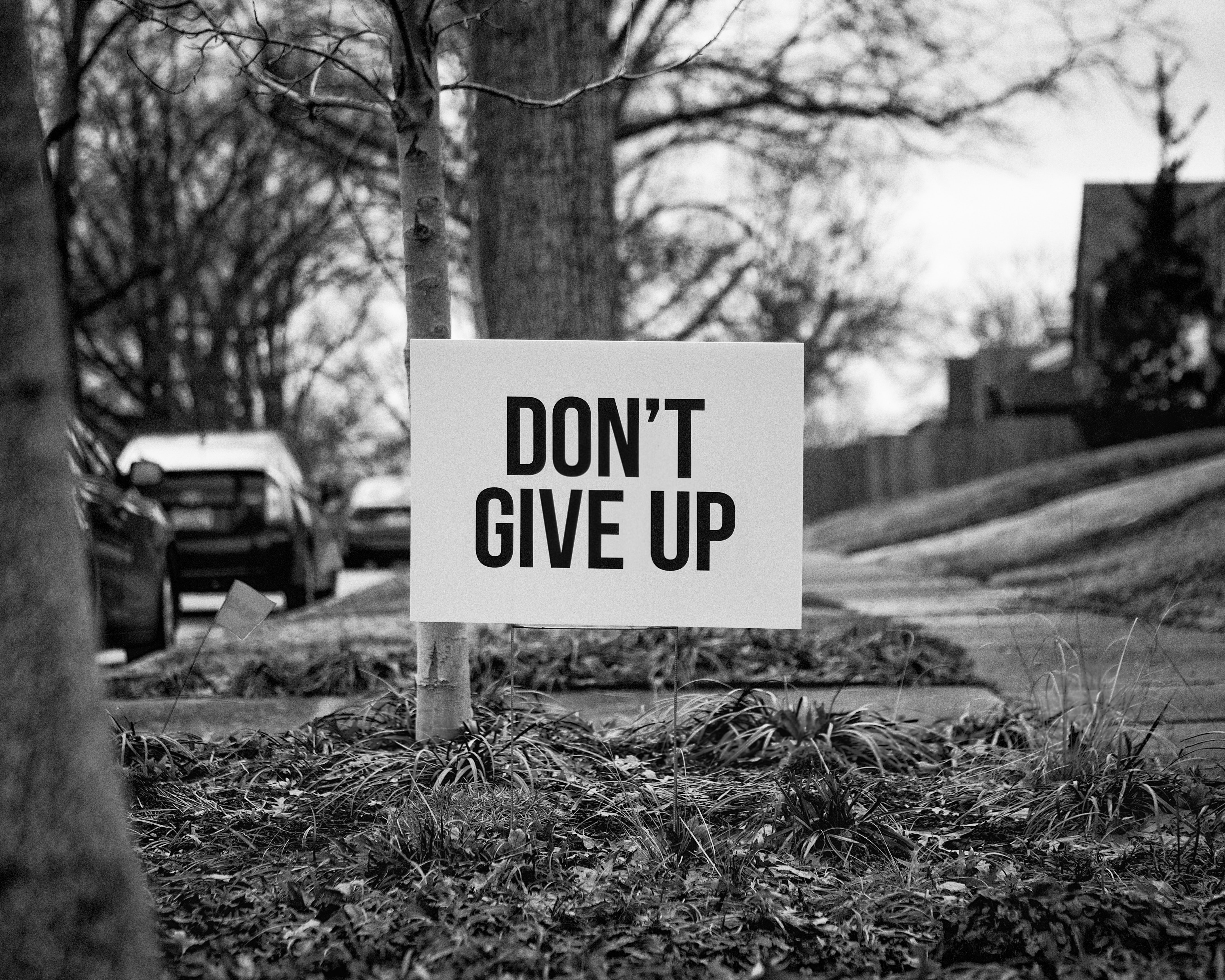

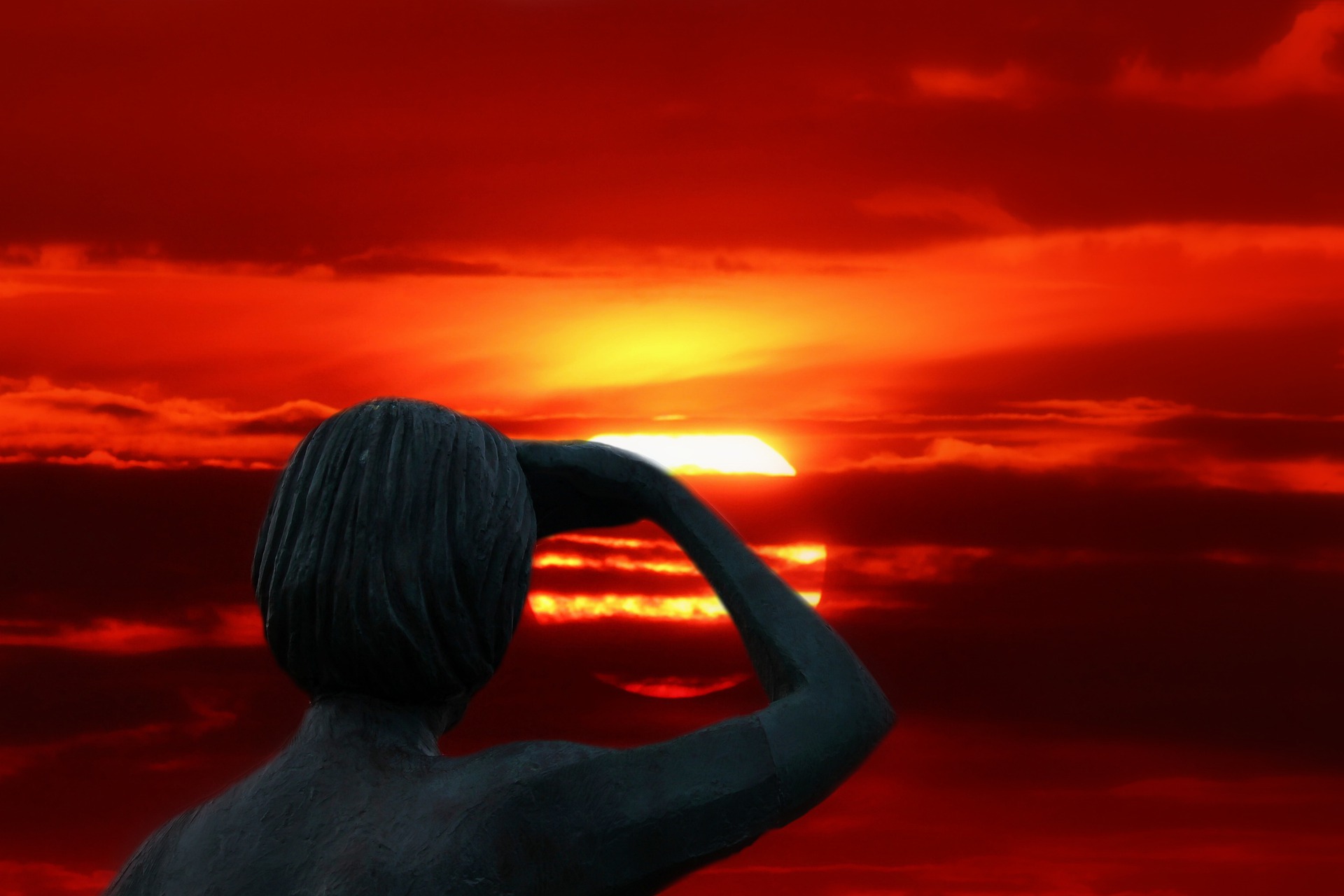


 Tami Urcia grew up in Western Michigan, a middle child in a large Catholic family. She spent early young adulthood as a missionary in Mexico, studying theology and philosophy, then worked and traveled extensively before finishing her Bachelor’s Degree in Western Kentucky. She loves tackling projects, finding fun ways to keep her little ones occupied, quiet conversation with the hubby and finding unique ways to love. She works at her parish, is a guest blogger on
Tami Urcia grew up in Western Michigan, a middle child in a large Catholic family. She spent early young adulthood as a missionary in Mexico, studying theology and philosophy, then worked and traveled extensively before finishing her Bachelor’s Degree in Western Kentucky. She loves tackling projects, finding fun ways to keep her little ones occupied, quiet conversation with the hubby and finding unique ways to love. She works at her parish, is a guest blogger on 
 Kate Taliaferro is an Air Force wife and mother. She is blessed to be able to homeschool, bake bread and fold endless piles of laundry. When not planning a school day, writing a blog post or cooking pasta, Kate can be found curled up with a book or working with some kind of fiber craft. Kate blogs at
Kate Taliaferro is an Air Force wife and mother. She is blessed to be able to homeschool, bake bread and fold endless piles of laundry. When not planning a school day, writing a blog post or cooking pasta, Kate can be found curled up with a book or working with some kind of fiber craft. Kate blogs at 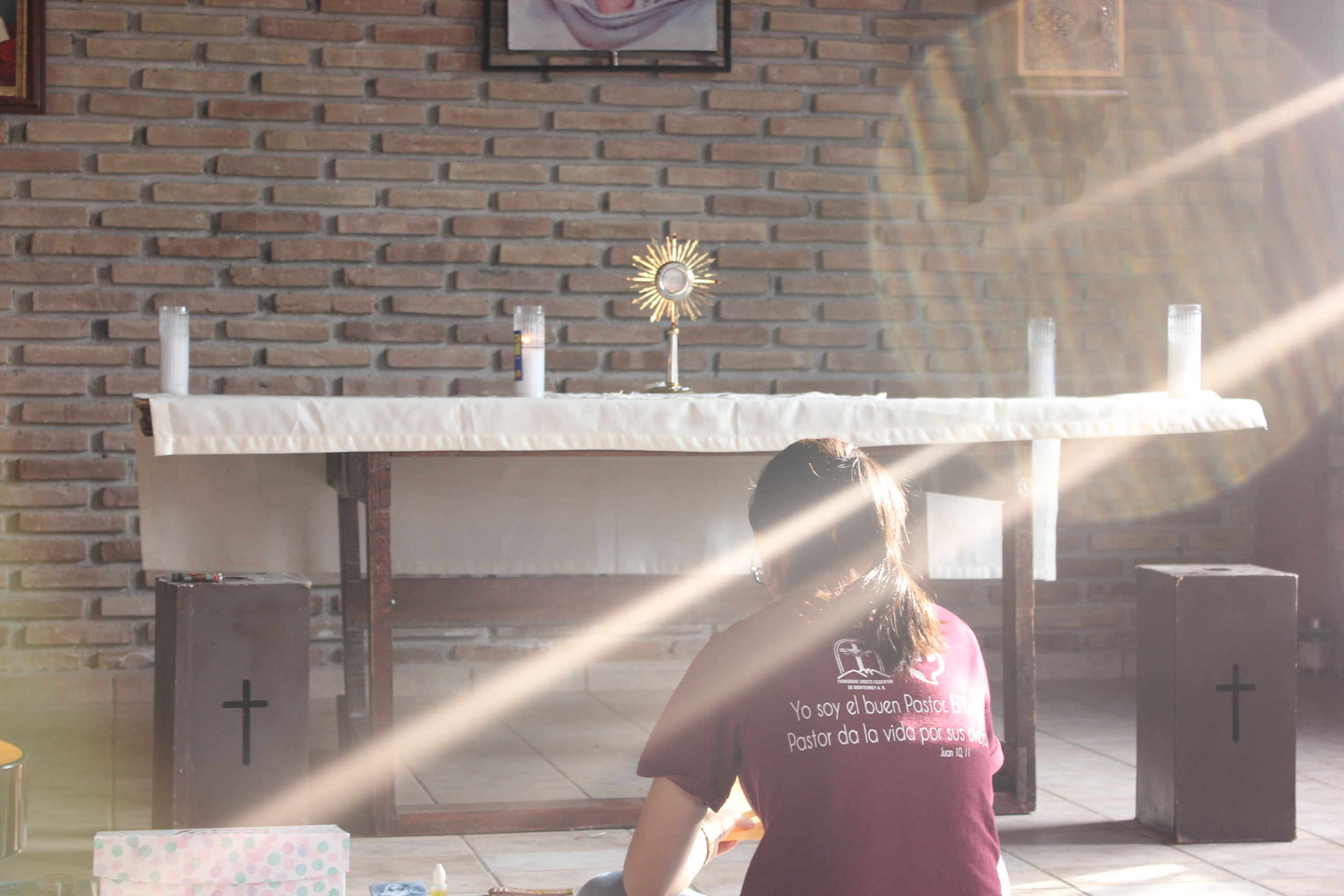
 Christine Hanus is a thwarted idealist who, nevertheless, lives quite happily in Upstate NY. She is a wife and mother of five grown children.
Christine Hanus is a thwarted idealist who, nevertheless, lives quite happily in Upstate NY. She is a wife and mother of five grown children.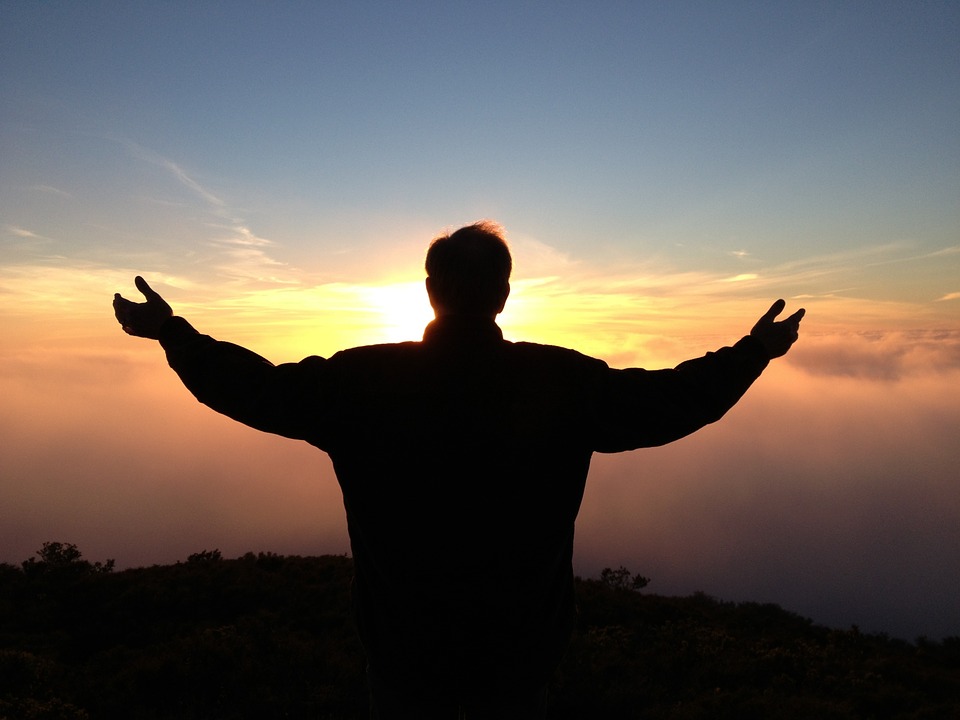
 Susan Ciancio has a BA in psychology and a BA in sociology from the University of Notre Dame, with an MA in liberal studies from Indiana University. For the past 17 years, she has worked as a professional editor and writer, editing both fiction and nonfiction books, magazine articles, blogs, educational lessons, professional materials and website content. Eleven of those years have been in the pro-life sector. Currently Susan freelances and writes weekly for HLI, edits for American Life League, and is the editor of Celebrate Life Magazine. She also serves as executive editor for the Culture of Life Studies Program-an educational nonprofit program for K-12 students.
Susan Ciancio has a BA in psychology and a BA in sociology from the University of Notre Dame, with an MA in liberal studies from Indiana University. For the past 17 years, she has worked as a professional editor and writer, editing both fiction and nonfiction books, magazine articles, blogs, educational lessons, professional materials and website content. Eleven of those years have been in the pro-life sector. Currently Susan freelances and writes weekly for HLI, edits for American Life League, and is the editor of Celebrate Life Magazine. She also serves as executive editor for the Culture of Life Studies Program-an educational nonprofit program for K-12 students.